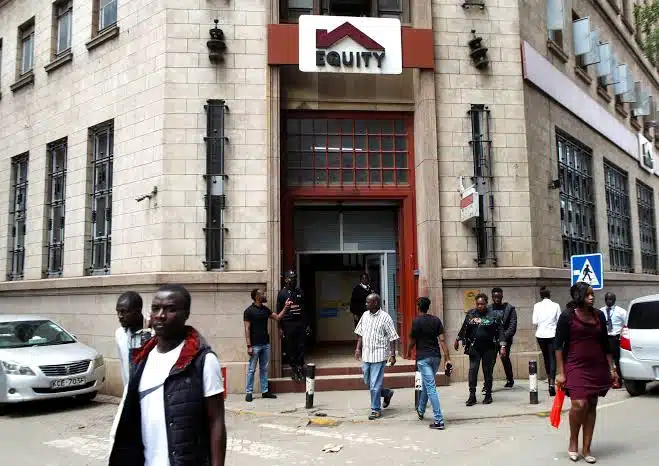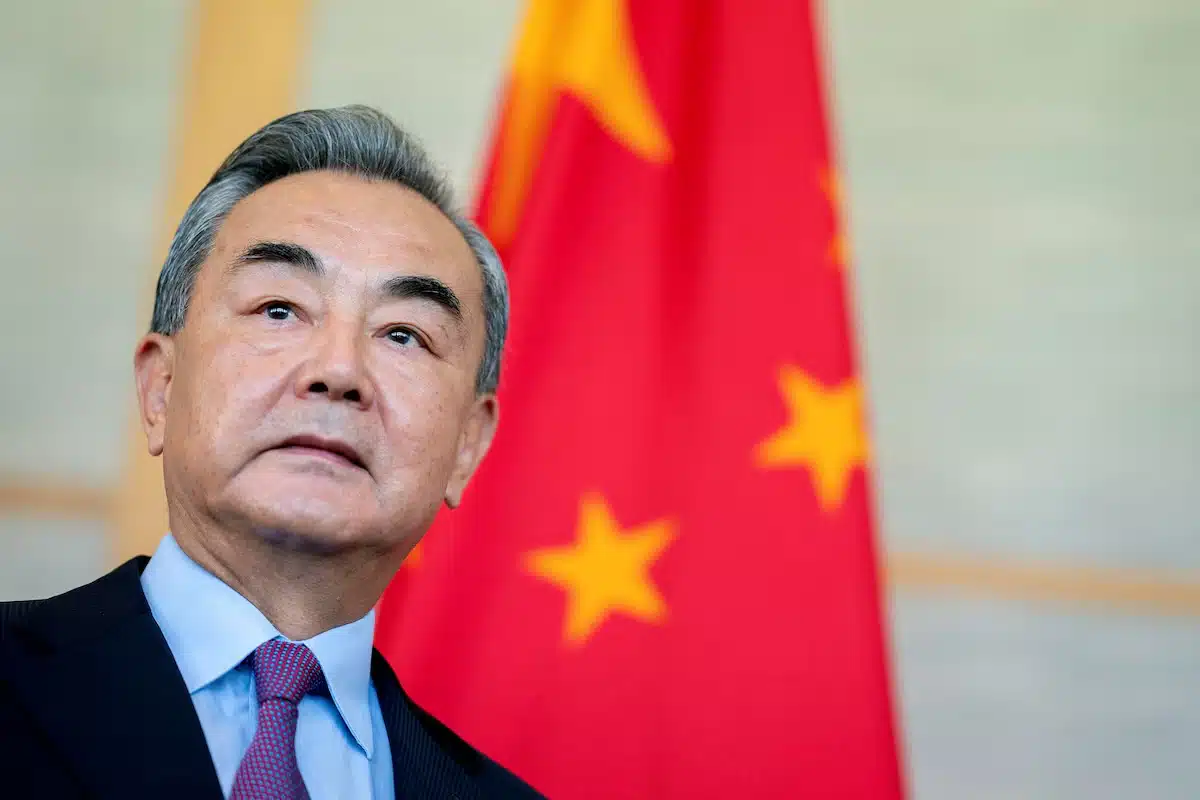Ethiopia, the second most populous country in Africa, has formally opened its banking sector to foreign investors following the release of a new licensing directive by the National Bank of Ethiopia (NBE), setting a minimum paid-up capital requirement of approximately $37 million for foreign entrants.
In a statement on Wednesday, the central bank announced that foreign banks and investors are now permitted to establish branches, subsidiaries, or representative offices in Ethiopia, marking a historic shift in policy. The move follows the recent passage of the Banking Business Proclamation, which created the legal foundation for the directive.
“The new Licensing Directive allows for the first time the participation of foreign investors—including banks or other strategic investors—in the Ethiopian banking system,” the statement said.
It added: “The Directive provides for several modalities through which foreign entrants may join the banking sector, including—among others—by setting up subsidiaries, foreign bank branches, or representative offices.”
Additionally, the NBE will now also licence and supervise representative offices, a function it did not previously perform.
The central bank said it expects the reform to attract fresh capital, deepen the financial sector, and boost competitiveness, efficiency, and inclusivity. “All of which should deepen Ethiopia’s financial sector and contribute to improved growth,” the NBE noted.
The directive takes immediate effect.
Key capital rules for foreign banks and investors
For investors, the most critical provision is the $37 million minimum capital requirement for foreign-owned subsidiaries or branches.
This must be fully paid in cash and remitted in an acceptable foreign currency, the apex bank noted in a detailed guideline titled “Requirements for Licensing and Renewal of Banking Business and Representative Office Directive,” released alongside the press release.
In the case of branches, the capital must be deposited into a blocked account with the NBE, the document confirmed.
Strategic investors can establish wholly or partially owned subsidiaries, but shareholding limits apply. A strategic investor may hold up to 40% of a domestic bank’s total subscribed shares.
The aggregate shareholding by all foreign nationals and foreign-owned Ethiopian entities, excluding foreign bank subsidiaries, is capped at 49%.
Meanwhile, natural persons are limited to 7% direct ownership, while juridical persons may own up to 10%. Combined direct and indirect holdings by individuals and companies—excluding strategic investors—must not exceed 20%.
Representative offices, while not permitted to engage in banking activities, may promote services, liaise with local institutions, support foreign group companies, conduct market research, and identify investment banking opportunities.
However, they must not use the word “bank” in their name unless part of the foreign parent bank’s name, and only in conjunction with the phrase “representative office of.”
Implications for investors
The directive significantly reshapes Ethiopia’s investment landscape, particularly for foreign banks seeking untapped opportunities in one of Africa’s largest, underbanked markets.
While the $37 million capital floor may limit entry to well-capitalised institutions, the reform signals Addis Ababa’s intention to gradually liberalise its tightly controlled financial system.
It follows recent efforts to liberalise the telecoms and digital payment sectors and reflects ongoing IMF-advised economic reform.
For global banks with an eye on East Africa, Ethiopia now offers a clearer, rules-based path to market access, though regulatory enforcement, macroeconomic stability, and currency risks remain key concerns.
The NBE has invited interested parties to begin submitting their documentation, marking the start of a new phase for Ethiopia’s financial sector.
(The minimum capital threshold was originally disclosed in Ethiopian birr and has been converted to U.S dollars at 136.1 birr/$1 as of June 26, 2025.)











